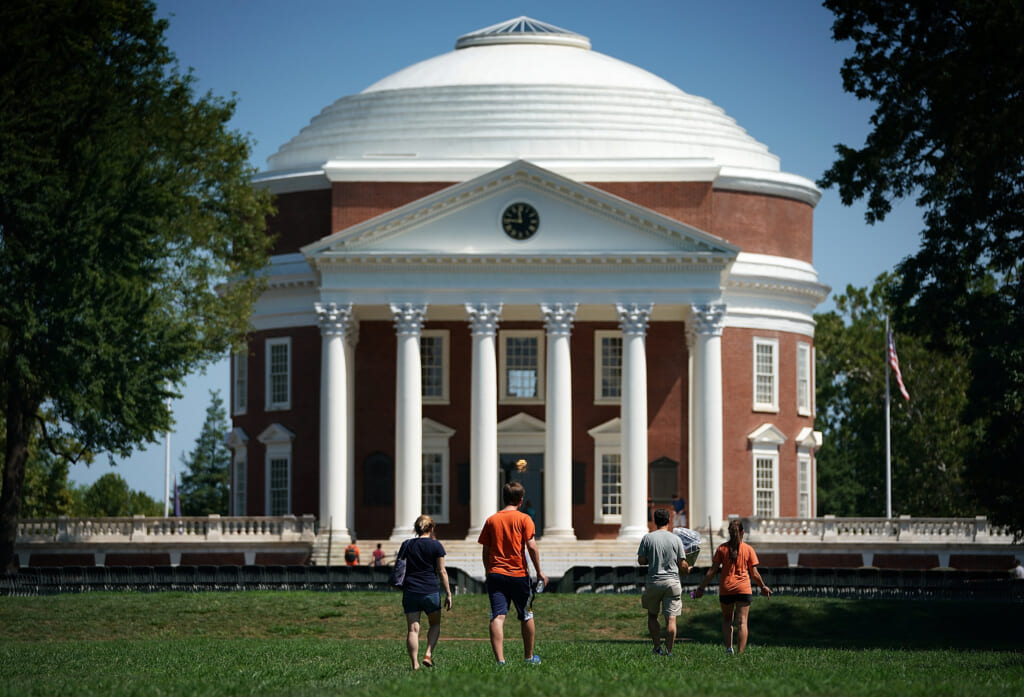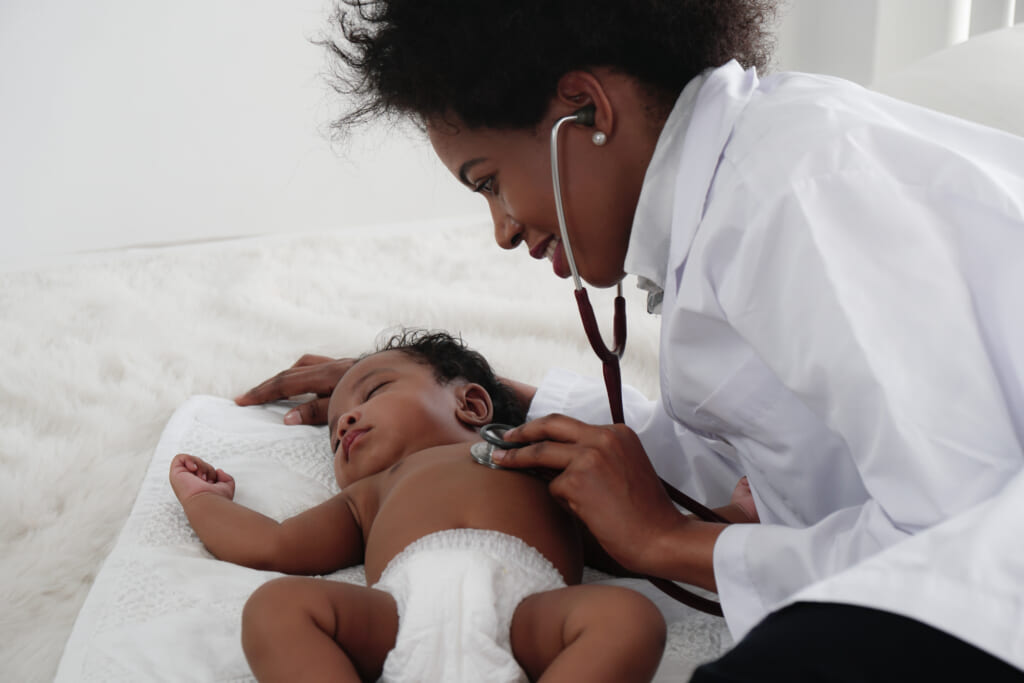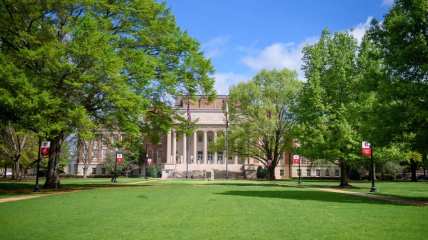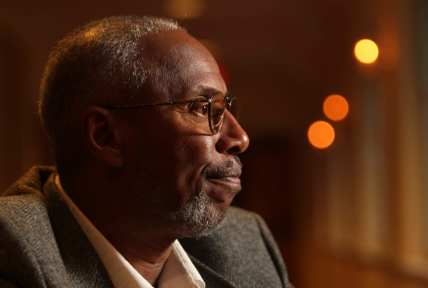Virginia schools addressing racial gaps in health sciences
Recent nationwide polls found that over 50% of African Americans don't trust U.S. health care, and 70% believe the system treats them unfairly.
A 2021 UCLA study found the United States’ population of Black physicians to be 5.4%. Since 1940, the percentage of Black women physicians has increased just 2.7% while the percentage of Black male physicians has not grown in that time.
To address the national issue, schools of all levels across the state of Virginia are implementing scholarship opportunities and youth pipeline programs to encourage more Black students to pursue careers as doctors, according to media platform VPM.
While the total population of physicians in America is decreasing, per the Association of American Medical Colleges, the rate of Black student enrollment in U.S. medical schools rose 21% during the COVID-19 pandemic, bringing the nationwide total to 11.3%.

“I think watching physicians and nurses struggle with COVID, is sort of like war when people go into the service, because I think it really did stimulate people to want to help as a health-care provider,” Dr. Michelle Whitehurst-Cook, professor and dean of admissions at the Virginia Commonwealth University (VCU) School of Medicine, told VPM.
Eastern Virginia Medical School (EVMS) exceeds the national percentage with a Black student population of about 10%. It has built on this momentum by launching the L.D. Britt Premedical Scholars program which pairs undergraduate freshmen at local HBCUs with mentors to support them through their training, VPM reported.
EVMS alumni LaKeisha Majette additionally started the Hummingbird Program to connect EVMS students with Black high school students eyeing careers in health sciences, per the outlet.
VCU’s Black Men in Medicine program offers mentorship and support to Black men pursuing undergraduate degrees in the medical field, according to the report.
Many Black-focused scholarships are offered by VCU as well as the University of Virginia, which funds roughly 20 endowed scholarships to help Black medical students finance their studies.
Virginia Tech, as part of its efforts to boost Black student enrollment, in 2017 launched the Black College Institute, which aids Black high school students in preparing for college and supporting their communities.
Out of over 22,800 physicians practicing in Virginia, roughly 8% are Black, a ratio of one Black physician for every 1,000 Black patients statewide, per the report.

For some Black patients, being seen by a Black doctor is important, as long histories of racist medical practices in the United States have created distrust within Black communities in the national health care system. Recent nationwide polls found that over 50% of African Americans don’t trust U.S. health care, and 70% believe the system treats them unfairly.
According to the University of Michigan, the mortality rate of Black infants born in America is twice that of white babies, regardless of the mother’s financial class or education level. Black patients are also less likely to be treated adequately for pain than white counterparts, per the University of Virginia.
According to VPM, studies show that structural racism creates the backdrop for ongoing racial disparities in medicine. Factors such as low funding for K-12 education or medical programs in majority-Black neighborhoods often leads to lower standardized test scores, which limit the collegiate application process for many Black students.
“The flow of Blacks into the health-care professions has been reduced at an early stage in the educational pipeline, so we must go back in the pipeline to open up that spigot,” Jessica Howell, a researcher and former UVA professor, told VPM.
Dr. Eric Freeman, a Black professor of medicine at VCU, told the outlet: “I think we have to have honest, heartfelt conversations about structural racism, discrimination and access to education.”
TheGrio is FREE on your TV via Apple TV, Amazon Fire, Roku, and Android TV. Please download theGrio mobile apps today!


